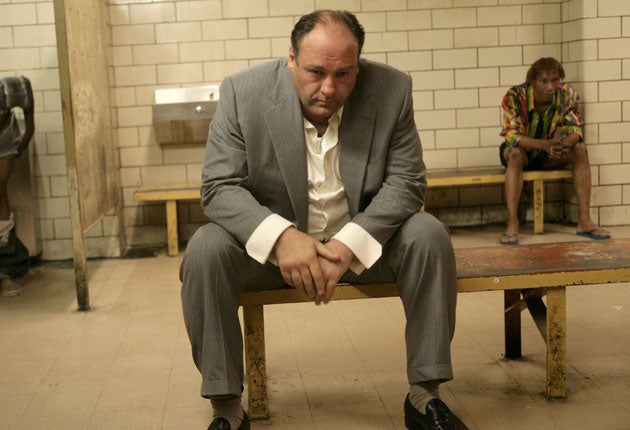Secrets of the Mafia mind revealed by psychiatrists

Your support helps us to tell the story
From reproductive rights to climate change to Big Tech, The Independent is on the ground when the story is developing. Whether it's investigating the financials of Elon Musk's pro-Trump PAC or producing our latest documentary, 'The A Word', which shines a light on the American women fighting for reproductive rights, we know how important it is to parse out the facts from the messaging.
At such a critical moment in US history, we need reporters on the ground. Your donation allows us to keep sending journalists to speak to both sides of the story.
The Independent is trusted by Americans across the entire political spectrum. And unlike many other quality news outlets, we choose not to lock Americans out of our reporting and analysis with paywalls. We believe quality journalism should be available to everyone, paid for by those who can afford it.
Your support makes all the difference.The mental health crisis facing Italy's real-life Tony Sopranos has been revealed by the crack group of psychiatrists who treat the messed up minds of mobsters and their families.
With record numbers of arrests seeing hundreds more Mafiosi behind bars – usually for decades and often in solitary confinement – depression, paranoia and existential crises all figure large among Italy's most dangerous criminals. But, say the doctors, more worrying for the public is the lack of remorse or self-awareness they demonstrate.
One of the psychiatrists, Dr Gabriele Quattrone, the head of neuropsychiatry at a Reggio Calabria hospital, said his jailed patients complained of "terrifying" images – but not of the people they've dumped in cement mixers.
One mobster's sleep was haunted by thoughts of his terminally ill 12-year-old daughter. "I can't sleep because I hear the voice of my daughter," the mobster lamented. "It's not fair that I can't see her. I can't accept that."
Another expert, sociologist Alessandra Dino of Palermo University, who has interviewed wives of Cosa Nostra turncoats and studied transcripts of informant evidence, said few mobsters had crises of conscience. "They have a mechanism of neutrality, where deviance equals normality," he said. "Murder becomes philanthropic because it is somehow related to helping the group they belong to."
The interest in the mobster's mind is now so great that Palermo's University of Studies will soon offer a masters course in Mafia psychology. Students will study the psychological profiles of mobsters and their relatives, as well as informant testimony in courtrooms, lawyers' dealings with Mafia clients, and the huge amount of wire-tap evidence accumulated over the years.
Meanwhile, investigators hope the growing insight into the mobster's mind and its foibles will help them to crack the criminal clans. Alberto Cisterna, a prosecutor in the national anti-Mafia office in Rome, said that "psychology figures a lot" in persuading clan members to give evidence.
Join our commenting forum
Join thought-provoking conversations, follow other Independent readers and see their replies
Comments